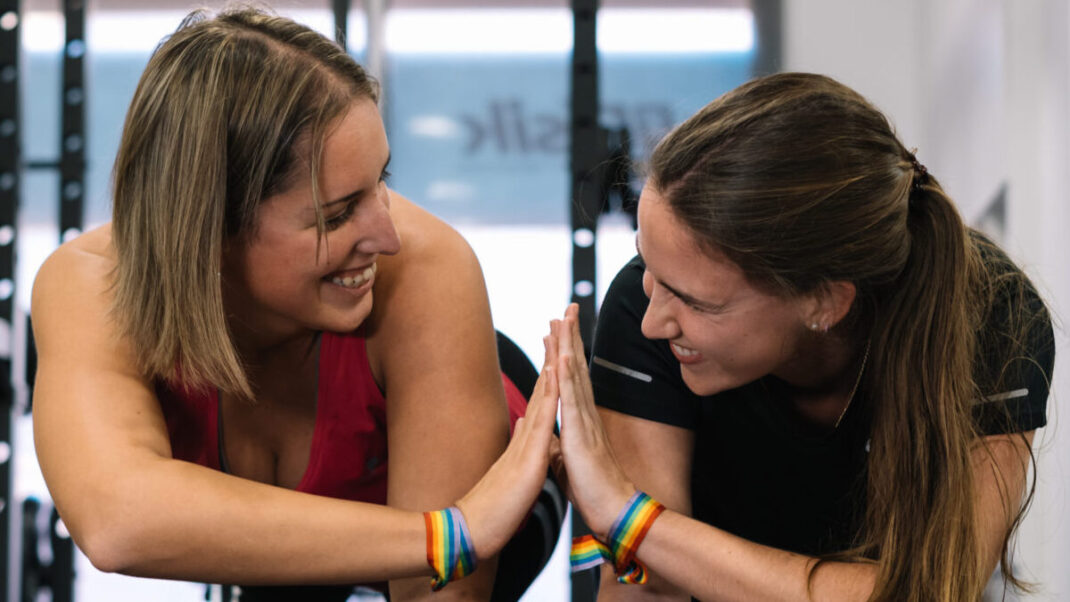Protein Intake and Blood Pressure
Are you dealing with a daughter or a young female client who desperately wants to lose weight? Well, here is a new resource for parents and fitness professionals wanting to help girls avoid eating disorders or other restrictive behaviors while on a quest to drop those pounds.
Dr. Susan’s Girls-Only Weight Loss Guide (Parent Positive Press 2006) is billed as an “easy, fun way to look and feel good.” The author, Susan S. Bartell, PhD, is a psychologist who has extensive experience working with teen and preteen girls. The colorful pamphlet can be purchased at bookstores or ordered from www.girls onlyweightloss.com.
Most people know that too much sodium can have a negative effect on high blood pressure. But what about the relationship between protein intake and hypertension?
A study that appeared in the January 9, 2006, issue of the Archives of Internal Medicine examined 4,680 people, ages 40–59, from four countries. Although no beneficial association was found between blood pressure and animal or total protein intake, the results for vegetable protein intake were far more promising.
“Vegetable protein intake was inversely related to blood pressure,” the researchers concluded. “This finding is consistent with recommendations that a diet high in vegetable products be part of a healthy lifestyle for prevention of high blood pressure and related diseases.”
Good sources of vegetable protein include dried beans and soy products.





